The principles of tomorrow
An annotated reading of the books I finished in January 2025.
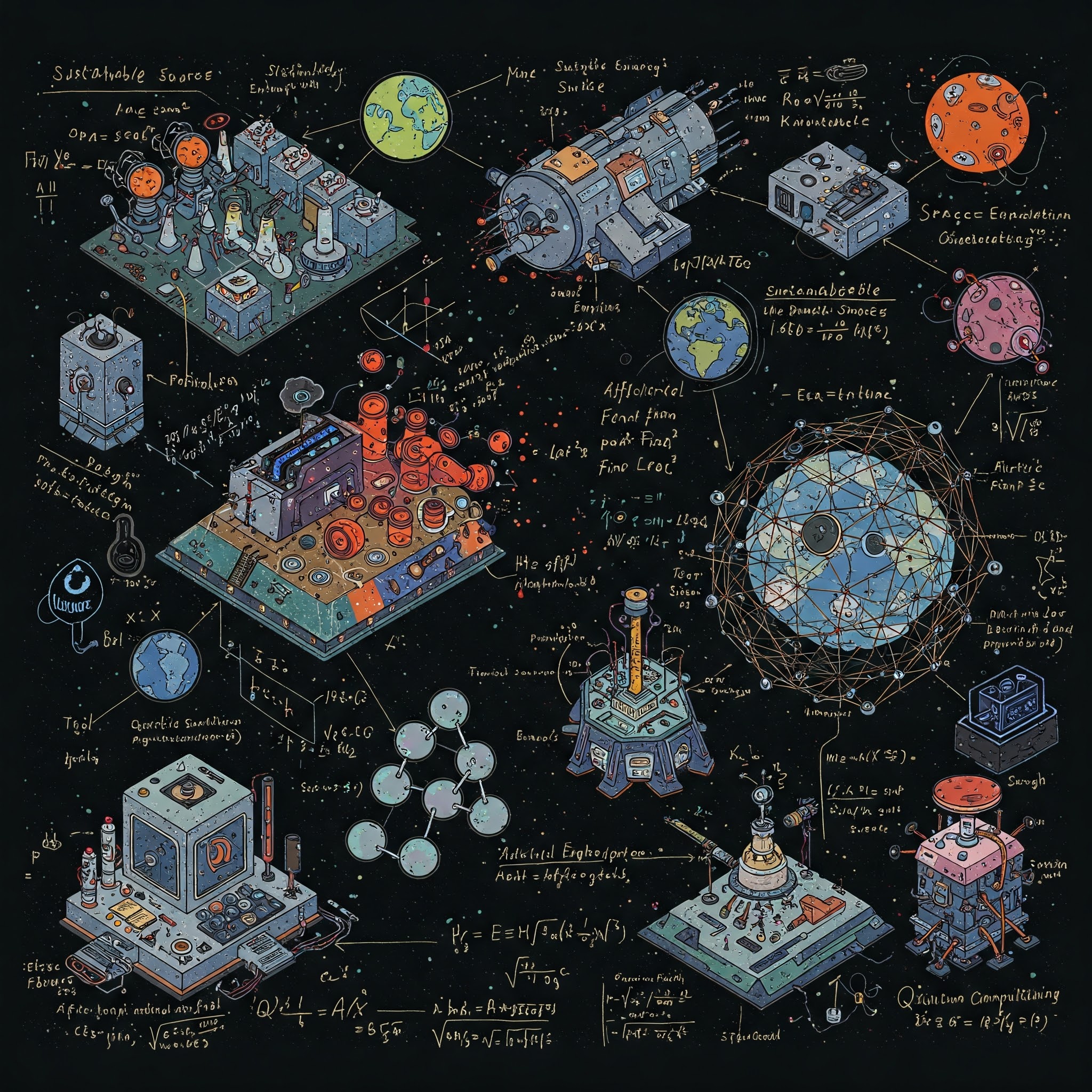
What do artificial intelligence, hedge funds, and personality frameworks have in common? They are all featured in this month’s reading list! Let’s dive in.
Books Read in January 2025
- The Coming Wave
- Principles
- The Sacred Enneagram
- Company of One
- Ikigai & Kaizen
Where the (tech) world is heading
The Coming Wave, authored by one of the co-founders of Google DeepMind, offers a balanced viewpoint on the current landscape of artificial intelligence and its likely near-term impacts on the global economy and workforce. Synthetic biology and its potential to transform medicine, energy research, and biotechnology broadly speaking is also a core discussion point in this book. Overall, if you are interested in delving into the technical and ethical concerns raised by computational super intelligence, this book is one to pick up.
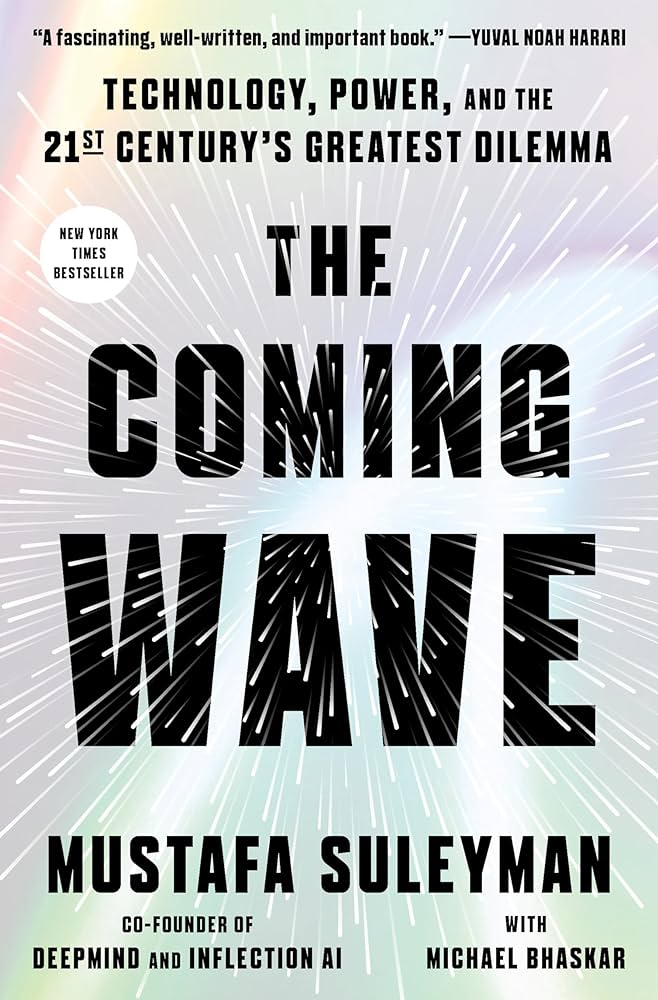
Values for life and business
Ray Dalio’s Principles, now available in physical and audiobook formats, gives readers a chance to peek at the “operating system source code” of the hedge fund Bridgewater. In particular, this book details how its founders intentions of crafting a culture of radical transparency traded the common (comfortable) business practice of “saving face” by withholding one’s true opinions of business decisions for the incredible financial and professional growth the fund has achieved over the last several decades. In short, operating a business from a culture of mutually-assured accountability is far from an easy task, but Bridgewater stands as a case study of the power of this approach to leadership in the world of business and beyond. Plus, it’s easier to develop a familial-level of camaraderie when you can trust that others are being honest with you on any given day.

Know thyself
If this is the first time you are learning about the Enneagram, if interested, I recommend exploring more of it with the The Sacred Enneagram to complement the popular Myers-Briggs Type Indicator. The Myers-Briggs framework offers a well-researched pathway to elucidating your personality traits, whereas the Enneagram promotes an intrinsic and somatic approach to self-discovery. Specifically, the Enneagram features nine key personality centers that individuals identify with to varying degrees, and each type typically integrates (or disintegrates) to another type in states of personality “balance” (imbalance). These integration pathways offer Enneagram practitioners a unique way to develop more “balance” in one’s relationships to others and self.
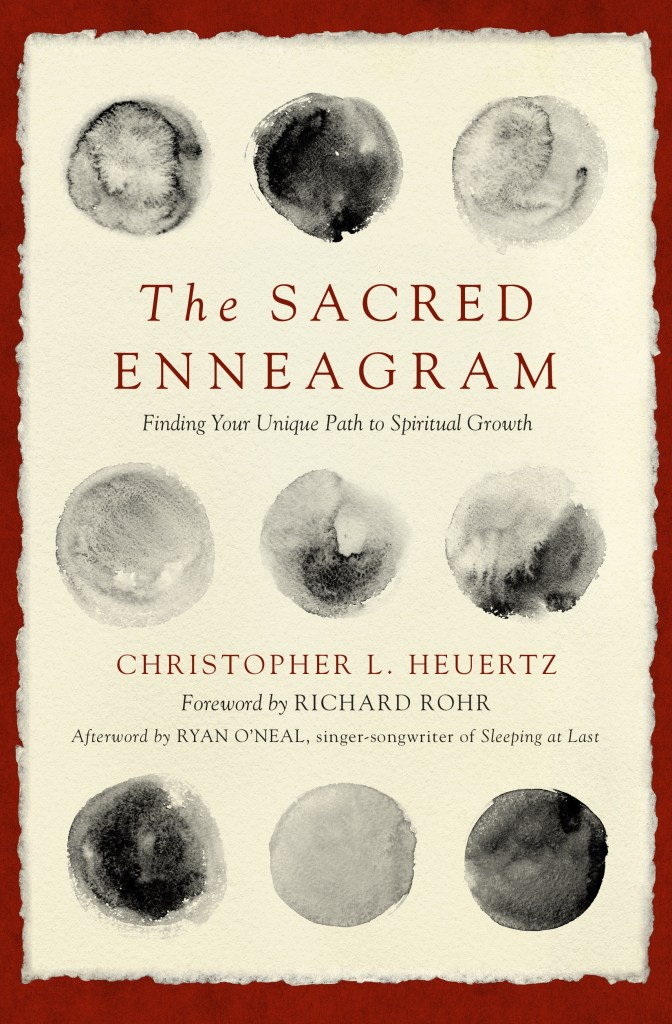
Staying small
Paul Jarvis asks the readers of his book Company of One to reconsider one’s definition of success in business. In a world where bigger is often equated with better, Jarvis argues that staying small can be a more sustainable and fulfilling path for many entrepreneurs. He provides practical advice on how to build a business that prioritizes personal values and well-being over growth for growth’s sake.
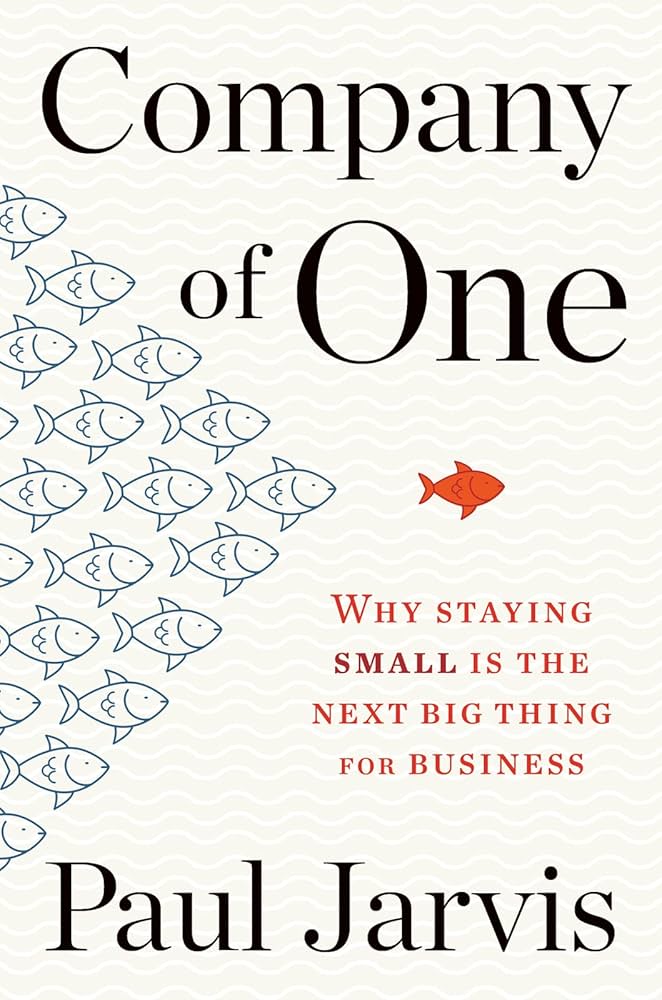
Purpose behind the hustle
As described by Anthony Raymond, Ikigai and Kaizen are two Japanese concepts that can help individuals find purpose and meaning in their lives. Ikigai refers to the intersection of what you love, what you are good at, what the world needs, and what you can be paid for. It encourages individuals to pursue their interests while also considering their impact on the world. Kaizen translates to “continuous improvement” and emphasizes the importance of small, incremental changes in one’s life and work. Together, these concepts can help individuals cultivate a sense of purpose and fulfillment in their personal and professional lives.
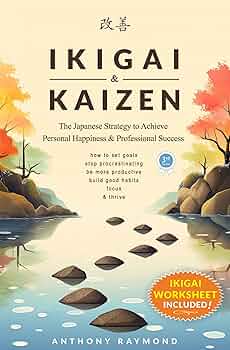
Leggo.
Alex